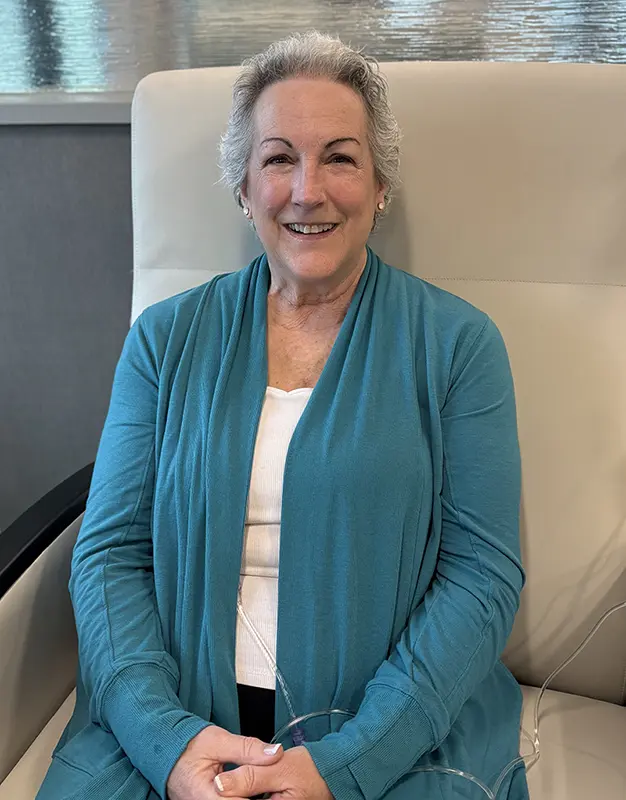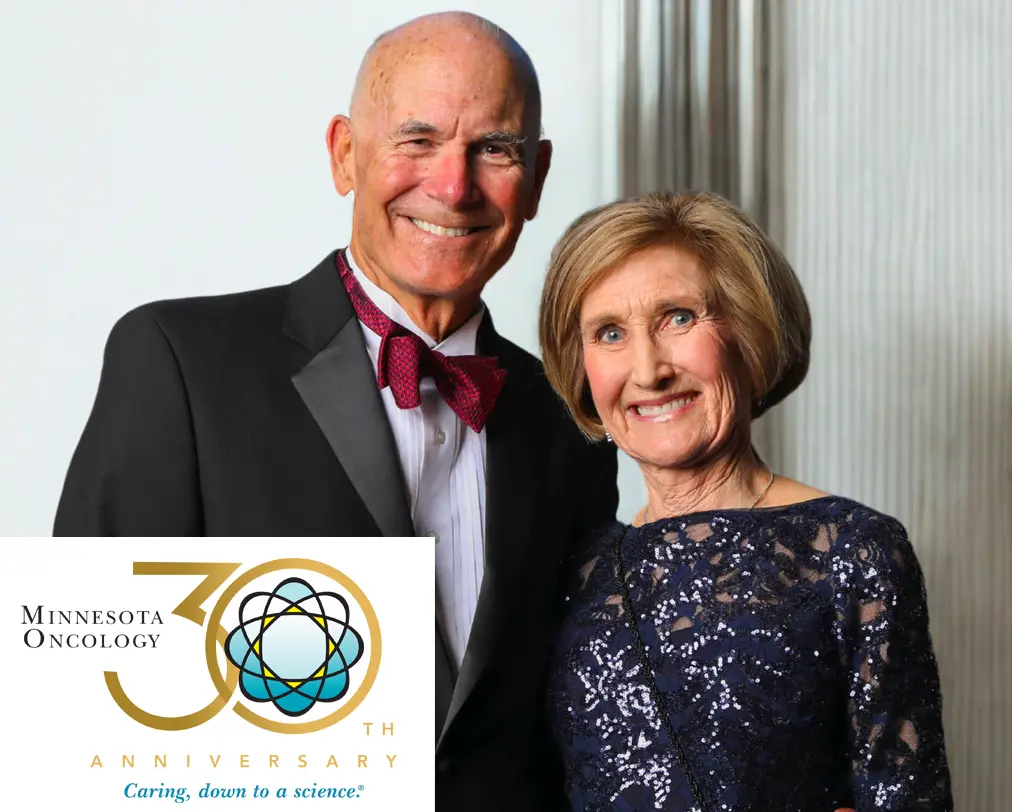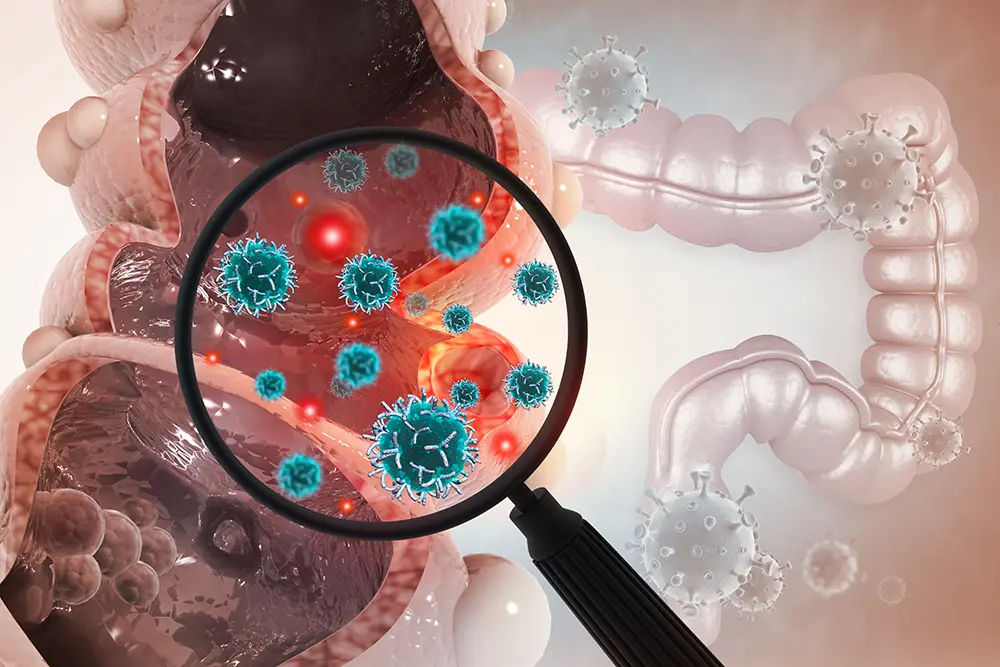Minnesota Oncology agrees with the Centers for Disease Control and Prevention (CDC) recommendation that certain immunocompromised people, including all cancer patients undergoing active treatment, get a vaccine booster shot – following the U.S. Food and Drug Administration (FDA) decision authorizing a third vaccine dose for immunocompromised people.
Patients are advised to check with their local pharmacies to schedule a vaccine booster shot.
CDC recommends that people with moderately to severely compromised immune systems receive an additional dose of mRNA COVID-19 vaccine at least 28 days after a second dose of Pfizer-BioNTech COVID-19 vaccine or Moderna COVID-19 vaccine.
This includes people who have:
- Been receiving active cancer treatment for tumors or cancers of the blood
- Received an organ transplant and are taking medicine to suppress the immune system
- Received a stem cell transplant within the last 2 years or are taking medicine to suppress the immune system
- Moderate or severe primary immunodeficiency (such as DiGeorge syndrome, Wiskott-Aldrich syndrome)
- Advanced or untreated HIV infection
- Active treatment with high-dose corticosteroids or other drugs that may suppress your immune response
According to the CDC, people who are moderately to severely immunocompromised are especially vulnerable to COVID-19 because they are more at risk of serious, prolonged illness. The CDC cites studies that indicate:
- Some immunocompromised people do not always build the same level of immunity after vaccination the way non-immunocompromised people do.
- Fully vaccinated immunocompromised people have accounted for a large proportion of hospitalized “breakthrough cases,” suggesting that immunocompromised people are more likely to transmit the virus to household contacts.
The currently FDA-authorized COVID-19 vaccines are a new type of vaccine that does not use the live virus that causes COVID-19. Therefore, they can be safely administered to immunocompromised people, including some cancer patients, people with immunocompromising conditions, or people who take medications or therapies that suppress the immune system.
Questions and Answers
I have cancer and I am vaccinated against COVID-19. What should I do about getting a vaccine booster?
Check with your primary care provider or local pharmacy or to schedule a vaccine booster shot if you currently are undergoing cancer treatment.
Does this mean every cancer patient should get a vaccine booster shot?
The CDC recommends that everyone who has been receiving active cancer treatment for tumors or cancer of the blood get a third Moderna or Pfizer BioNTech COVID-19 vaccine shot at least 28 day after their second dose.
How do I know if I am immunocompromised, and therefore in need of a vaccine booster?
According to the CDC, cancer patients undergoing active treatment are considered immunocompromised, and therefore should get a third COVID-19 vaccine dose. If you have questions, you should plan to discuss this with your doctor at your next regularly scheduled clinic visit. As the CDC’s advisory committee on immunization practices continues to meet on this issue, guidance may change over time.
I’m not in treatment currently, but I would like to get a third vaccine shot to be safe. What should I do?
The CDC currently recommends a third vaccine shot only for people who are moderately to severely immunocompromised, including cancer patients in active treatment. However, the federal government has announced that beginning on September 20, a third vaccine shot will be available to everyone who previously received the Moderna or Pfizer BioNTech vaccines. The new plan calls for a third vaccine shot to be administered eight months after receiving the second vaccine dose.
I am in treatment, but I am receiving radiation therapy only, not chemotherapy. Am I immunocompromised and therefore in need of a third vaccine shot?
Patients who are receiving radiation therapy only or have had not chemotherapy or other therapies in combination with radiation therapy, typically are not considered immunocompromised.
Do the COVID-19 vaccines work the same for cancer patients as for others?
More research is needed to address this question. There is data that indicates the vaccines may be less effective in some immunocompromised people, including patients receiving chemotherapy for cancer, patients with blood cancers such as chronic lymphocytic leukemia (CLL), people receiving stem cells or organ transplants, and patients using certain medications, including some cancer medications that may reduce the immune response to vaccination.
To be clear, we strongly recommend that our patients and their close contacts get vaccinated against COVID-19. Further, in light of new FDA and CDC guidance, we recommend all cancer patients in active treatment get a vaccine booster shot, i.e., a third dose of Moderna or Pfizer BioNTech COVID-19 vaccine.
Please note that all cancer patients also should continue to take steps to reduce risk of exposure to COVID-19, including wearing a face mask around anyone outside your home, practicing social distancing, and avoiding crowds and poorly ventilated indoor spaces.



